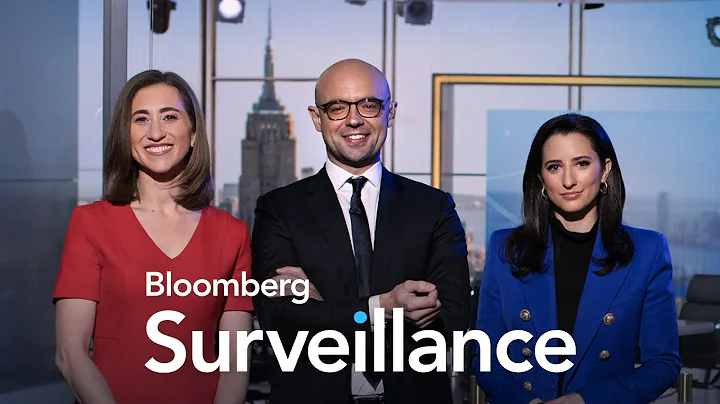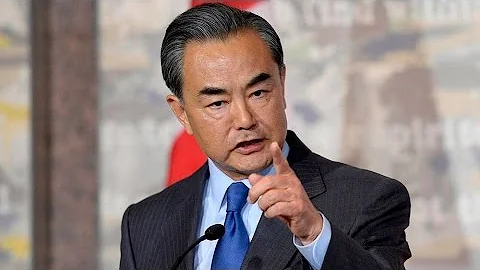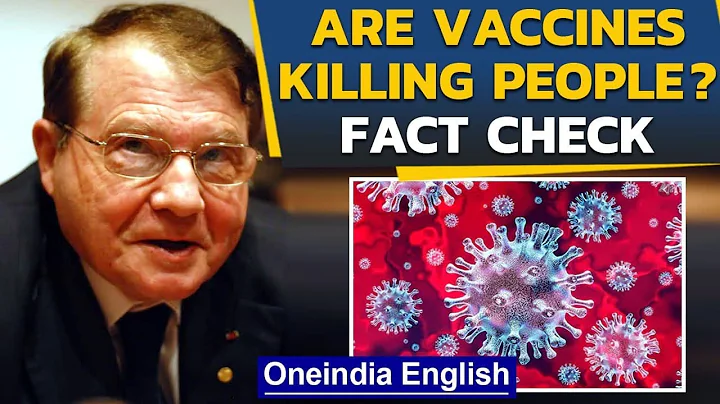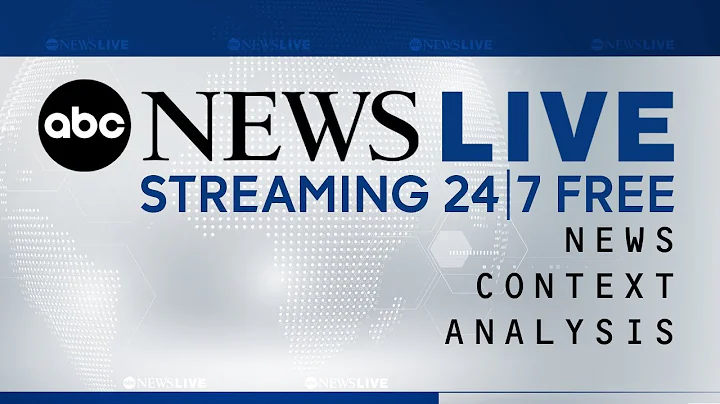
Author Wang Kunyi Chairman and Professor of the Taiwan Institute for International Strategic Studies
Recently, the diplomatic model of "2+2 security dialogue" has become quite popular in the international community. Taiwan seems to have been infected by this atmosphere, and has also started 2+2 talks with the United States and Japan.
From August 27, Senator Masahisa Sato, Chairman of the Japan Liberal Democratic Party’s Foreign Affairs Council, and Rep. Taku Otsuka, Chairman of the National Defense Council, held a “2+2 Security Dialogue” video link with the Democratic Progressive Party’s “Legislators” Luo Zhizheng and Tsai Adaptation. after. On September 10, it was also reported that Taiwan's "Secretary-General of the National Security Council" Gu Lixiong, head of the foreign affairs department Joseph Wu, and others also secretly went to the United States and carried out illegal activities in Annapolis, the seat of the Maryland state government, 50 miles away from Washington. ) held a "2+2 security dialogue" through a "special channel".
The US-Taiwan 2+2 dialogue is highly sensitive
The difference is that the Taiwan-Japan 2+2 dialogue is a dialogue between members of Congress, and the political sensitivity is not that high. However, the U.S.-Taiwan 2+2 dialogue is not only a dialogue between administrative departments, but the level has also been raised to the "Secretary-General of the National Security Council" and the Minister of Foreign Affairs. In particular, the content of the dialogue involves the Taiwan Representative Office in the United States, which intends to change its name. The sensitive topic of "Taiwan" is undoubtedly a "super nuclear bomb" for cross-strait relations.
The reason why the renaming of the Taiwan Representative Office in the United States is sensitive is that Lithuania insisted on Taiwan establishing a "Taiwan Representative Office" in July, which triggered the mutual recall of ambassadors between China and Lithuania. At this time, the United States also joined in the fun and changed Taiwan's "Taipei Economic and Cultural Representative Office" in the United States to "Taiwan Representative Office." This is not only a major event between China and the United States, but more importantly, it is an issue involving China's major national interests. .
In the past, China has always adhered to the "one-China principle" in its international behavior. All countries that establish diplomatic relations with the mainland must first recognize that "Taiwan is part of China" in the "one-China principle". The mainland regards this principle as a part of international law.
If all Taiwan's overseas offices are renamed "Taiwan Representative Offices", it is likely that the international community will believe that cross-Strait relations are already "one China, one Taiwan". This will give the Democratic Progressive Party a means to encroach on the international Reality has pushed the possibility of "de jure Taiwan independence," so since Chen Shui-bian came to power, "name rectification" and "constitution-making" have been linked together in imagination and title. This is also because the mainland is trying its best to prevent Taiwan from promoting "name rectification" through its overseas units. because.
The news of this "2+2 dialogue" between the United States and Taiwan was reported by the Financial Times on September 10. However, just the day before, US President Biden made a special phone call to the Chinese President. Xi Jinping declared that the United States will adhere to the "one-China policy", which means it will not change the status quo across the Taiwan Strait. However, the next day, it was reported in the United States that Taiwan's two most important leaders in security and foreign affairs came to the United States for a "2+2 dialogue" and also talked about the issue of correcting the names of Taiwan's units in the United States.
For Taiwan, this is of course a "heavy attack"!
In fact, the Democratic Progressive Party authorities have been promoting the rectification of names in the international community recently, and even continue to promote the "joining the United Nations" campaign. Mainly since the outbreak of the new crown epidemic in Taiwan in May this year, the reputation of Tsai Ing-wen's administration has plummeted, especially the chaotic vaccine policy, which has caused widespread dissatisfaction among the Taiwanese people, especially the "privileged vaccine" that is the most hated .
In addition, in order to block the mainland vaccine, it not only delayed the opportunity for Taiwan to purchase the "Fubitai" vaccine, but also attempted to obstruct it when private entrepreneurs and charitable organizations came forward to donate. In the end, they were forced to accept it due to the backlash from public opinion. . This delay has caused more than 800 people to die unjustly due to the lack of vaccine protection and the blame policy.
Saving prestige and selling "dried mango"
In order to save its prestige and avoid the consequences of the 2018 crash in local elections next year, the Democratic Progressive Party has shifted its focus to promoting the rectification of the names of Taiwan's overseas units. The actions of foreign units to clear their names triggered a counterattack from the mainland, escalating the crisis in the Taiwan Strait, and then selling "dried mango" to save the DPP authorities from falling into ruin.
However, "dried mango" can be sold once, but will it be effective if sold repeatedly? Since the Taiwan Strait missile crisis in 1996, the DPP seems to have tried and tested it, and it can be seen that the Taiwanese people are just following this trick. Therefore, as long as the DPP plays the cross-strait crisis card in the election, most of the election results can be passed easily. Therefore, pushing the overseas units to correct their names at this time is of course also one of the DPP's "crisis cards".
Now, for the people of Taiwan, after the Democratic Progressive Party has repeatedly used the strategy of selling "dried mango" and adapted it into the strategy of lies of "crying wolf", the people of Taiwan have been deceived by lies for so long that they have forgotten what a wolf looks like. , if the wolf really comes one day, will the people of Taiwan really regard the wolf as a real crisis?
is afraid of the consequences sown by the DPP. When war comes, only the people will have to taste the war alone. People in the DPP may have fled to other countries. Is this the fate of the Taiwanese people, or is it the bitter fruit of the DPP’s policy of obscuring the people? Let’s see how it develops.





















